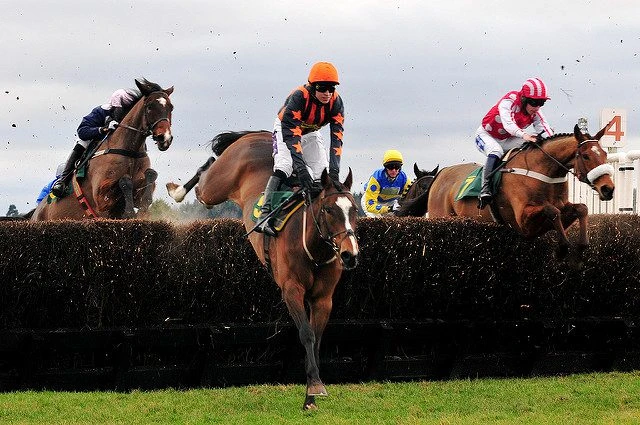Racing tipster rapped by ASA over irresponsible ad

The UK Advertising Standards Authority (ASA) has issued a reminder to betting tipsters to ensure that their advertising is socially responsible after upholding a complaint against horse racing specialist Philip Murray.
A single complainant contacted the advertising regulator over a piece of direct mail promoting a text-based tipping service that was delivered in June 2018.
The advert claimed to offer a “guaranteed, sure-fire way to literally CRUSH the bookies while exponentially growing your bankroll… and making betting on horse racing something ridiculously simple!”
The mailing also posed the question: “Aren’t you sick and tired of constantly losing bet after bet? Isn’t it depressing that no matter what, you never achieve the profits you always hoped for?”
It went on to claim that the service could overturn a downward trend in the individual's betting, and suggested that winnings could be used to pay off the person's mortgage or buy expensive cars.
The mailing also referred to a special membership offer of £89 (€100/$114), saving the customer £411, and included a claim that if the consumer had joined in February 2018, they would have made profit on a number of winning horses list in the ad.
The complainant challenged whether claims in the ad were misleading and could be substantiated, namely the claims to offer a “guaranteed, sure-fire way” of making money, as well as the claim about saving £411 by joining under the offer and the profit the customer would have made had they joined earlier.
The ASA also noted that the claims about punters becoming depressed from losing bets, using winnings to pay off mortgages, and being able to turning around a “downward trend” in betting appeared to be socially irresponsible.
As Philip Murray did not respond to enquiries from the ASA, the regulator came to its own assessment, raising concerns over the tipster’s lack of response and apparent disregard for the CAP Code. His failure to respond was in itself a breach of CAP Code (Edition 12) Rule 1.7, the watchdog added.
The ASA said that as Peter Murray did not provide evidence to support the claims made in his mailing, it deemed them misleading and in breach of Code Rules 3.1 on misleading consumers and 3.7, relating to substantiation of statements made in advertising.
In terms of the savings customers could make by taking advantage of the £89 offer, the ASA said there was no evidence the usual price of the product was £500. This again breached CAP Code rules 3.1 and 3.7.
Philip Murray also failed to provide evidence that it has previously correctly selected and provided tips on winners listed in the direct mail. This, the ASA said, was further evidence of the ad's claims being misleading.
The regulator accepted that although tipsters are not licensed and therefore not subject to CAP Code rules on gambling, marketing communications should be prepared with a sense of responsibility to consumers and society.
As such, the ASA took the references to a “sure-fire way to literally CRUSH the bookies” and “never fear, you can still join us and profit immediately” as linking gambling to achieving financial security. The ad's claims of being able to end a customer's losing streak and suggesting losses could cause depression, were taken by the regulator as targeting vulnerable people.
“Because we considered that the ad targeted vulnerable gamblers who had not been winning and linked the tipping service to achieving financial security, we considered it to be socially irresponsible and therefore in breach of the Code,” the ASA said.
In its ruling, the ASA said the ad must not appear again in its current form and also instructed Philip Murray to ensure future ads do not make savings claims, guarantee consumers would make a profit using the service or claim they had previously given successful tips, without giving the relevant evidence. In addition, the ASA told Philip Murray to ensure all future ads are prepared in a socially responsible way.
Image: Paul
